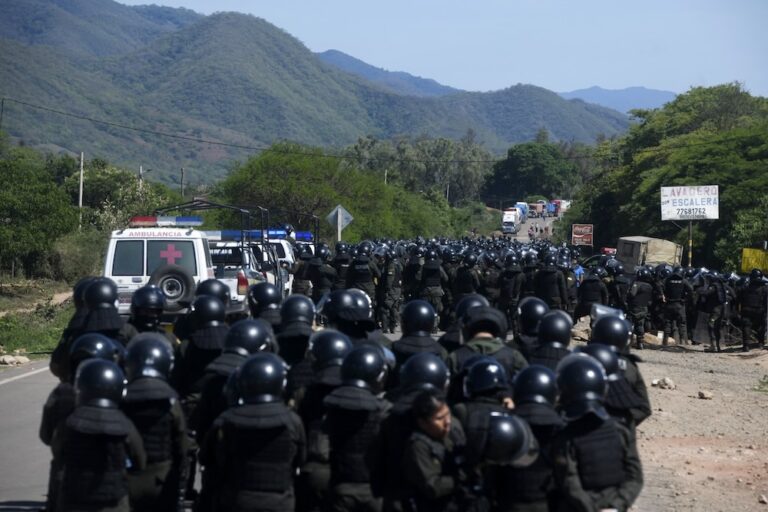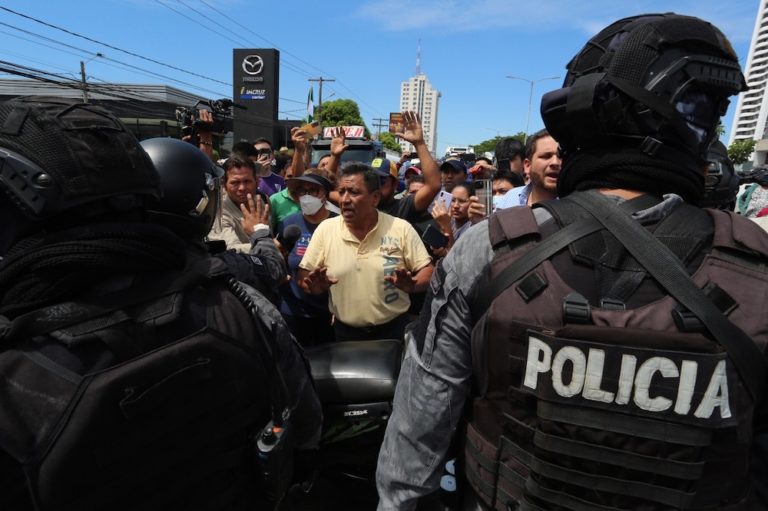Ronald Grebe, a critic of President Evo Morales, condemns the lack of consultation prior to the adoption of the anti-racism law.
(RSF/IFEX) – 16 December 2010 – The adoption of the anti-racism law and the controversy about it in the media are to be followed by a new media law next year. Amid the often tense debate in Bolivia about civil liberties, Reporters Without Borders has interviewed Ronald Grebe López, the president of the National Journalists Association (ANPB), and Idón Chivi, director-general of decolonization at the Ministry of Cultures.
Grebe, a critic of President Evo Morales, condemns the lack of consultation prior to adoption of the anti-racism law, the principle of which he approves. Chivi, a government official, deplores the media’s disproportionate and corporativist reaction to the law. Reporters Without Borders is publishing these interviews as a reminder of the terms of the debate. It intends to use the same approach – presentation of contrasting viewpoints – with the future media law.
Bolivia’s intention to introduce legislation regulating the media follows Argentina’s adoption of a law on Audiovisual Communication Services (SCA ) in 2009 and this year’s attempts in Ecuador – currently on hold – to pass a communication law.
We do not criticise the principle of such laws. We supported the Argentinian law because of its extensive provisions for pluralism and for combating the concentration of media ownership in a few hands. We expressed more reservations about the Ecuadorean law because, although based partly on the Argentinian law, it aimed to promote “exact, opportune and contextualized news coverage.”
While laws are needed to regulate the workings of the media and provide them with a legislative framework, we believe that laws will inevitably threaten freedom of expression if they try to determine the content and relevance of a news report. We hope to pursue this debate with those involved.
( . . . )


